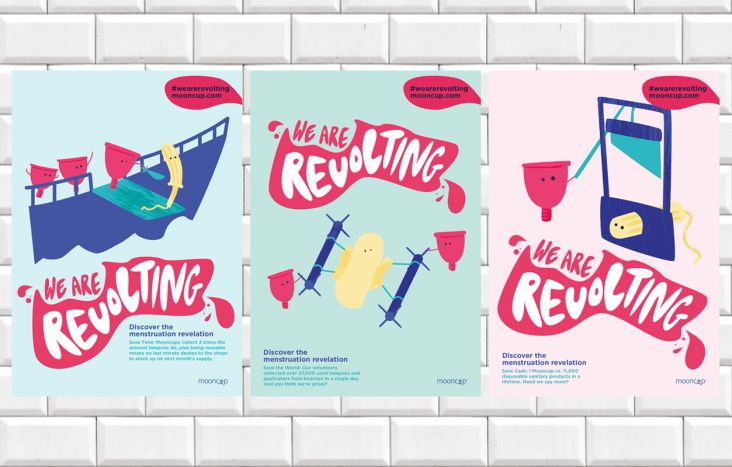Business above the VAT threshold? Here’s how to get ready for Making Tax Digital
Making Tax Digital, the UK government’s initiative to "end the tax return" and get small businesses regularly reporting to HMRC online, continues to gain momentum.

Image licensed via Adobe Stock
By April 2019, all small businesses above the VAT threshold and within the scope of Making Tax Digital (MTD) will have to comply with this new digital tax legislation.
The clock is ticking, so as a small business owner, we've teamed up with FreeAgent to share a few actions that you can take ahead of the deadline.
Work out if your business is above the VAT threshold
The minimum threshold for VAT registration is currently £85,000 annual VATable sales. However, this may well change before the MTD deadline, with at least one Budget announcement due before then. If your business’s annual VATable sales are above the threshold by April 2019, and your business is registered for VAT, you’ll be required to:
- keep digital records for VAT purposes
- provide VAT return information through MTD-compatible software
HMRC has also confirmed that if your business’s annual turnover falls below the VAT threshold following the MTD deadline you’ll continue to report VAT figures digitally for as long as your business is VAT registered.
Find out if you’re exempt from MTD for any other reason
A small minority of people – referred to by HMRC as the "digitally excluded" – will be exempt from digital record-keeping requirements. The exemptions are the same as those that already apply to electronic VAT returns. Valid reasons for exemption include:
- Membership of a religious society or order with beliefs that are incompatible with the use of electronic communications.
- Being subject to an insolvency procedure.
- Disability, age, remoteness of location or any other reason that the MTD commissioners accept as valid grounds not to use an electronic return system.
If you are refused an exemption, there will be a right of appeal against HMRC. However, details of how to appeal are still to be finalised.
If exempt, decide if you want to take part anyway
If your business’s turnover is not above the VAT threshold, or you’re exempt for any other reason, you can still choose to take part in MTD for VAT. You will need to ensure that your business is voluntarily registered for VAT before you can take part.
HMRC has also confirmed that you will also be able to volunteer to take part in MTD for Income Tax voluntarily, although unlike MTD for VAT there is no hard deadline for compliance. MTD for Income Tax will not become compulsory until at least April 2020.
Start looking for HMRC-compatible accounting software
If you don’t have a clue about digital tax software, it’s time to start looking at your options. HMRC has described the criteria for “functional compatible” software for MTD as having the ability to:
- keep records in a digital form according to the regulations
- preserve digital records in a digital form for the required amount of time (this is currently up to six years).
- create a VAT return from stored records and share this information with HMRC
- provide HMRC with VAT data voluntarily
- receive information from HMRC.
If you have any doubt about the compatibility of a software package that you have in mind, then you can always ask the software provider for clarification. At FreeAgent we’re keeping a close eye on Making Tax Digital and monitoring the proposed changes carefully.
Ask your accountant
Most accountants in the UK are working closely with accounting software providers so they can provide a better service to their clients. The accountancy profession has been busy preparing for MTD for the last couple of years, and your accountant should be able to give you advice on what you need to do to prepare.
This article was written by Emily Coltman, Chief Accountant at FreeAgent, the online accounting software specially designed for freelancers, contractors and micro-businesses, covering everything from invoicing to tax. Emily features in A Field Guide to Freelancer Finances, a free ebook of business finance tips – download your copy.





 by Tüpokompanii](https://www.creativeboom.com/upload/articles/58/58684538770fb5b428dc1882f7a732f153500153_732.jpg)


 using <a href="https://www.ohnotype.co/fonts/obviously" target="_blank">Obviously</a> by Oh No Type Co., Art Director, Brand & Creative—Spotify](https://www.creativeboom.com/upload/articles/6e/6ed31eddc26fa563f213fc76d6993dab9231ffe4_732.jpg)
















